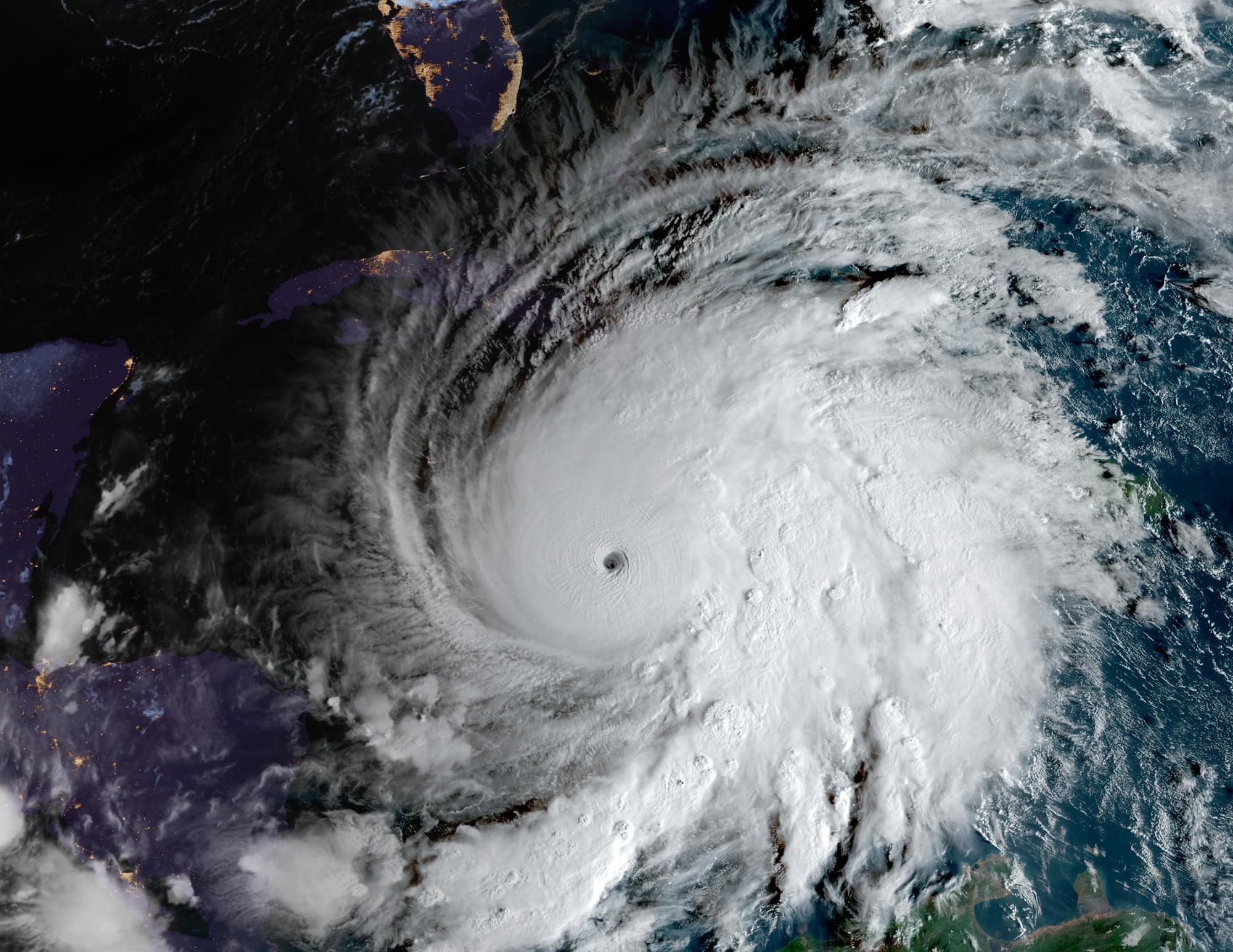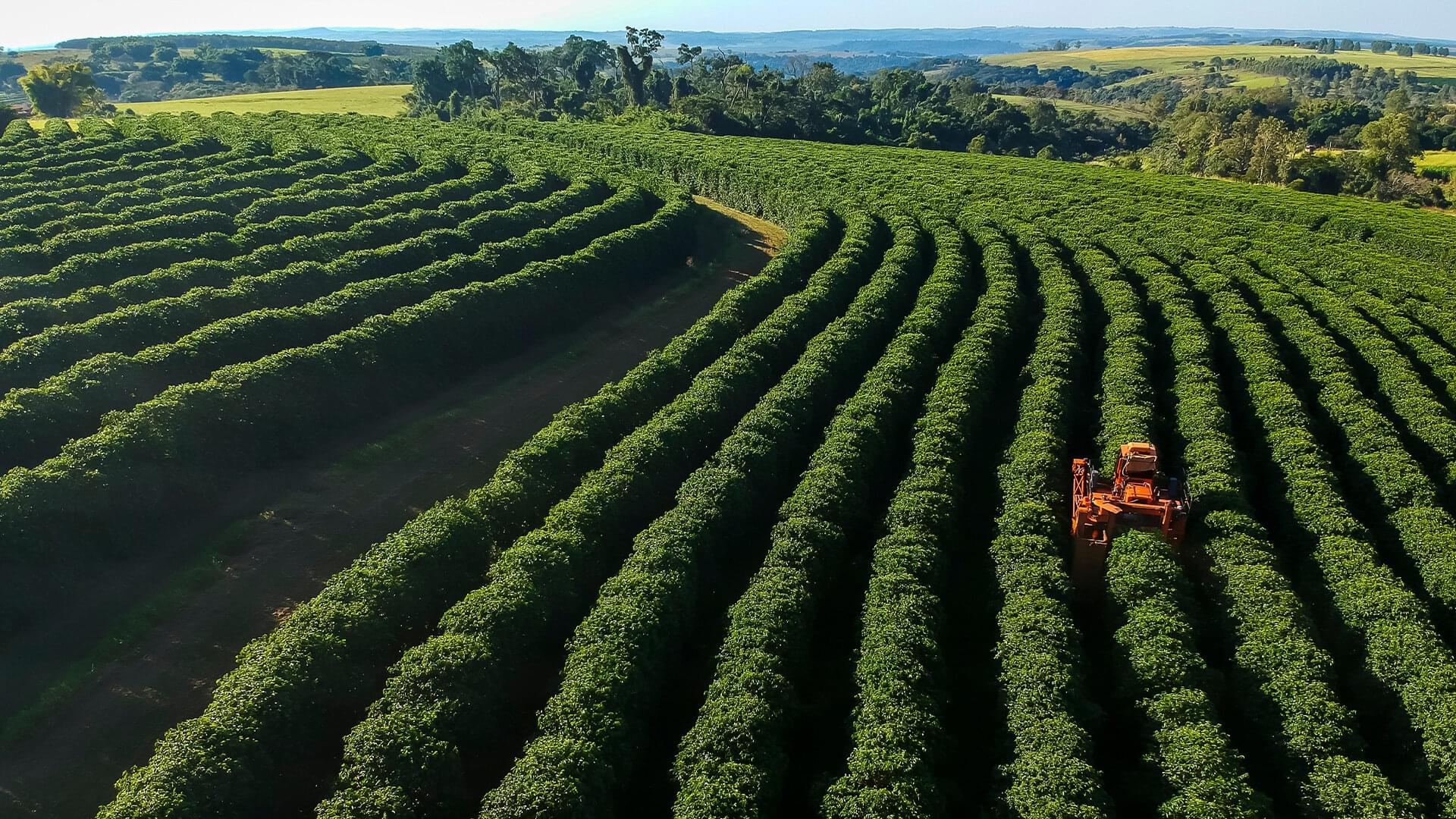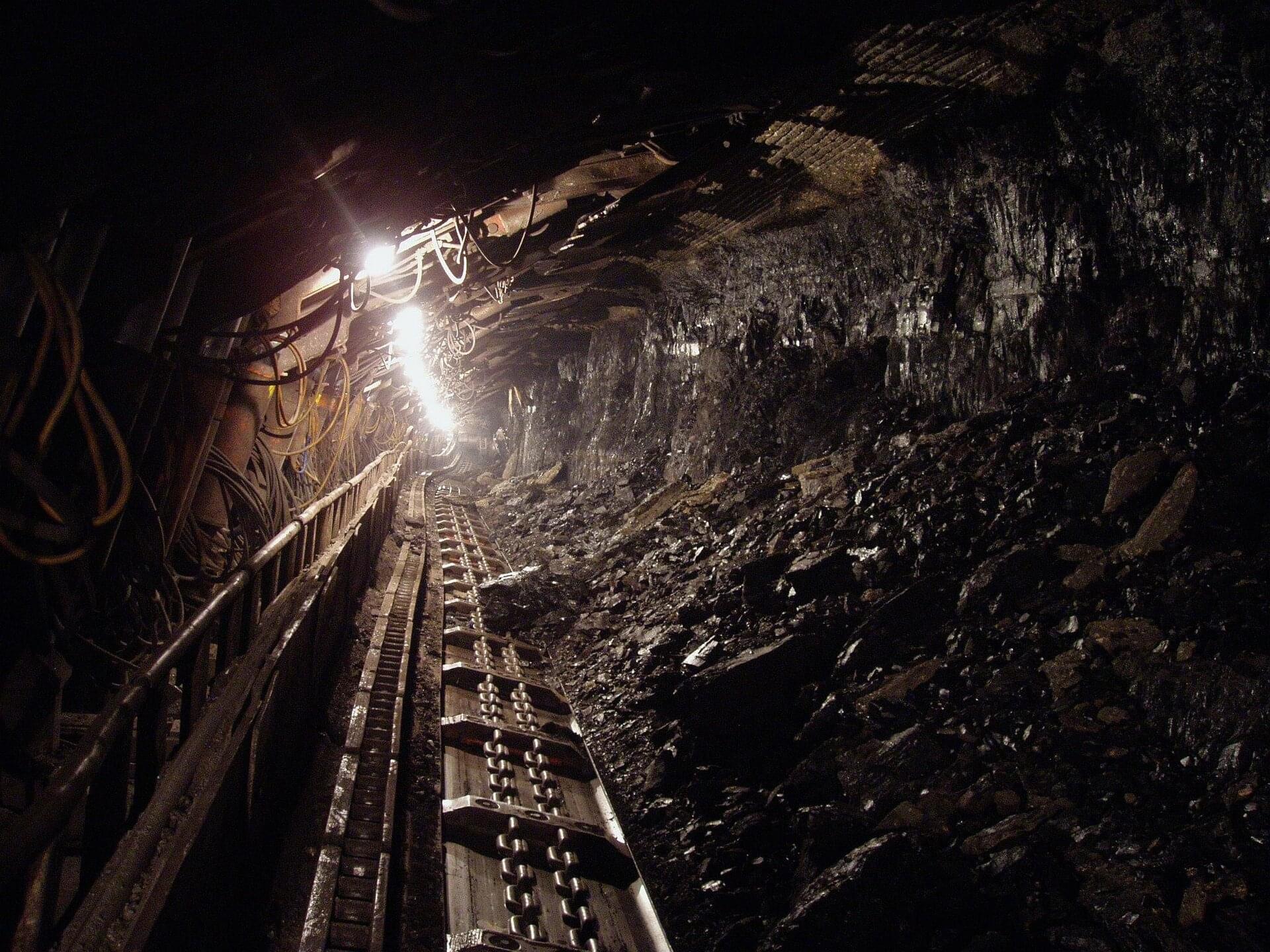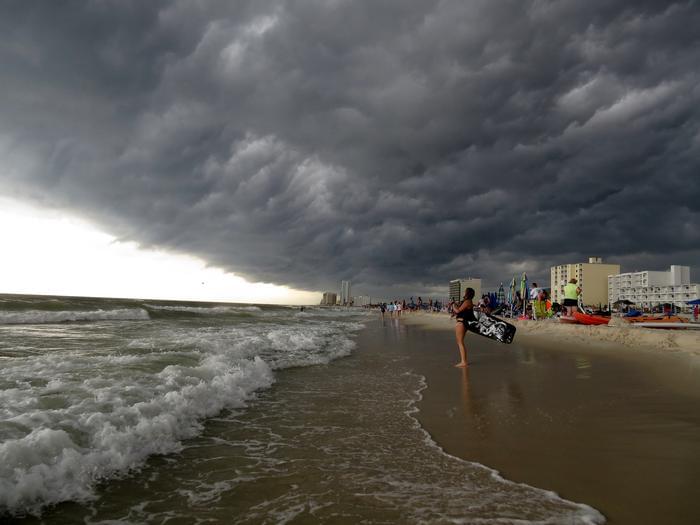The way clusters of differently sized water droplet populations are distributed within clouds affects larger-scale cloud properties, such as how light is scattered and how quickly precipitation forms. Studying and simulating cloud droplet microphysical structure is difficult. But recent field observations have provided crucial, centimeter-scale data on cloud droplet size distributions in stratocumulus clouds, giving researchers an opportunity to better match their models to reality.
The simulations of characteristic droplet size distributions that those models are providing are likely too uniform, say Nithin Allwayin and colleagues. This muddled microphysical structure could be leading cloud simulations, and the climate models that use them, astray. Their paper is published in the journal Geophysical Research Letters.
The authors compare the new observed data on cloud microphysical structure with results from large-eddy simulations (LES) of stratocumulus clouds. At convective scales, the model showed intriguing correlations between droplet cluster characteristics and overall cloud physics. For example, regions of the clouds dominated by drizzle tended to have larger drops but not necessarily more total water content, and the updraft regions of clouds tended to have smaller drops and a narrower distribution of droplet size.








